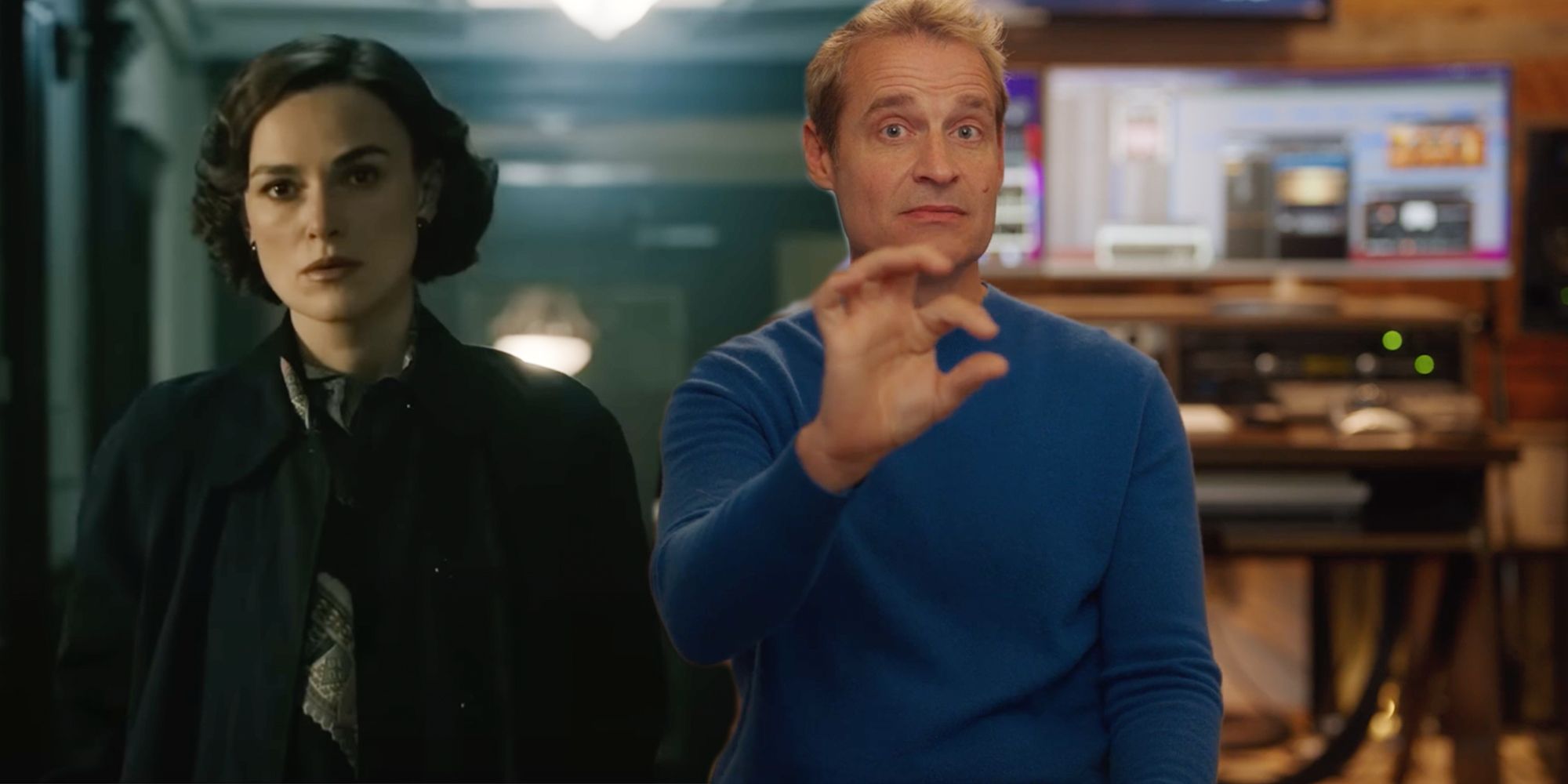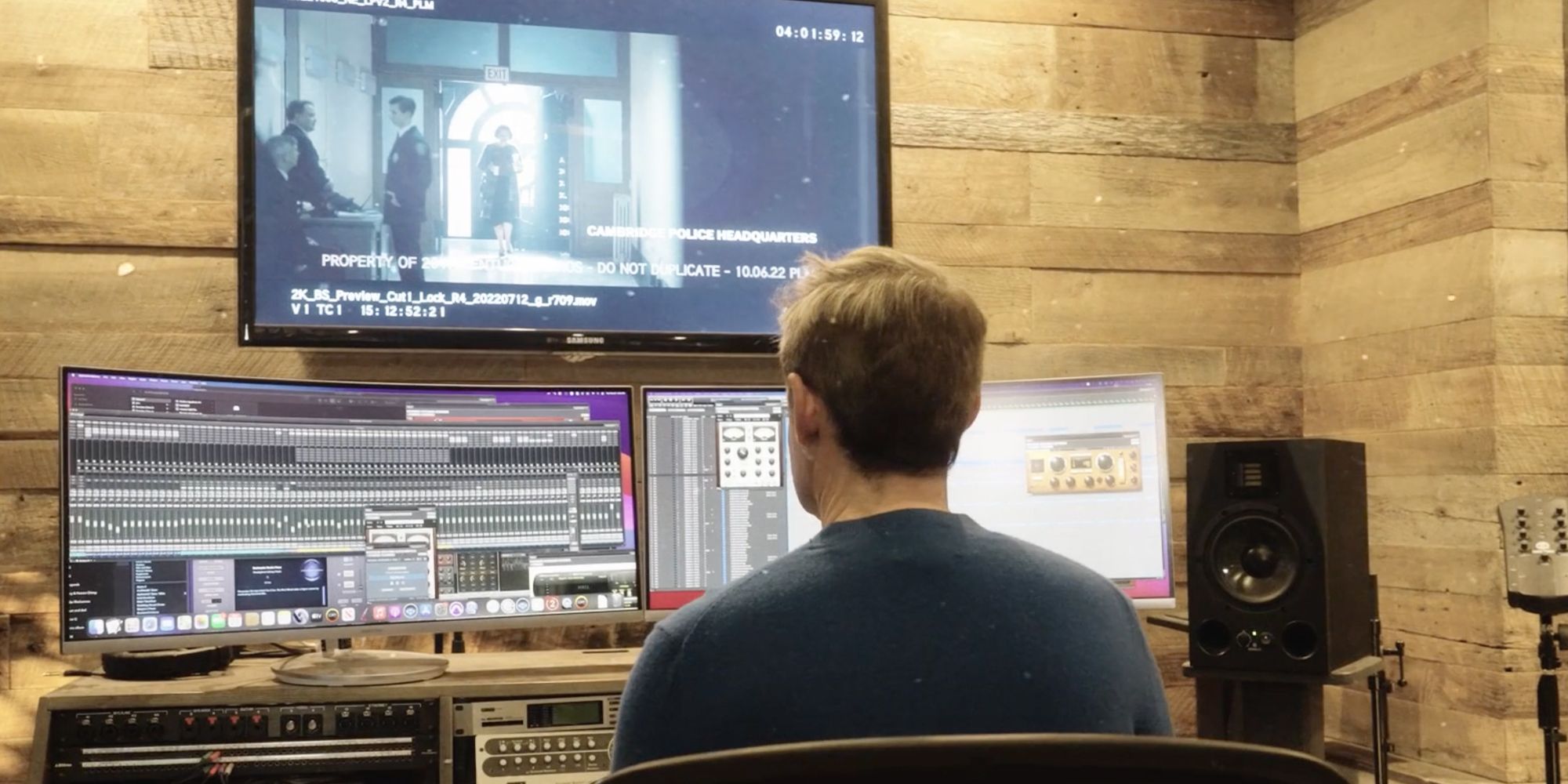Hollywood Records’ The Big Score series sheds a light on the unique creative processes and styles of some of the top film, video game, and television composers of the modern day, and next up is the recent release, Boston Strangler. The Big Score tells its unique stories in easy-to-digest video and audio formats, with the video clips often featuring looks at the recording process and inside the composers’ studios.
Composers previously featured on The Big Score include Siddhartha Khosla for Only Murders in the Building, Carter Burwell for The Banshees of Inisherin, and Caroline Shaw for Fleishman Is In Trouble. Now, Screen Rant is excited to exclusively premiere a brand new episode of The Big Score, featuring Paul Leonard-Morgan discussing his work on Boston Strangler. Leonard-Morgan dives deep into his intellectual approach to the music of the film, which offers a fascinating insight into the amount of intention behind every note in the score. Check out Paul Leonard-Morgan’s episode of The Big Score here:
How The Big Score Highlights The Importance of Composers
The Big Score does an excellent job highlighting the work of composers who may not be household names, but who have contributed immensely to incredibly well-known projects. Paul Leonard-Morgan is a prime example; In addition to many other projects, Leonard-Morgan composed the music for the 2011 film Limitless and its subsequent television series, the 2012 cult classic Dredd, and the 2020 video game Cyberpunk 2077. Each of those projects would have had an incredibly different feel if the music had been created by anyone other than Leonard-Morgan, and the same is true with Boston Strangler. This is evident in The Big Score, as episodes explain how each composer's unique backstory, mind, and skill set translate into their work.
Helping to facilitate understanding of and appreciation for the work of film composers is a worthy goal. Although some film scores make their way into the zeitgeist, the role of a film composer is not necessarily to be noticed upon the first watch of a film or television show. When interviewed about their work, many composers will humbly say their job is simply not to mess up or ruin a project; Grammy-nominated video game composer and former The Big Score guest Austin Wintory said as much in an interview with Screen Rant. By lifting the curtain around such an important aspect of filmmaking, The Big Score may help deepen the appreciation its listeners and viewers have of some of their favorite films.
Paul Leonard-Morgan’s episode of The Big Score will be released on podcast platforms on March 21.


